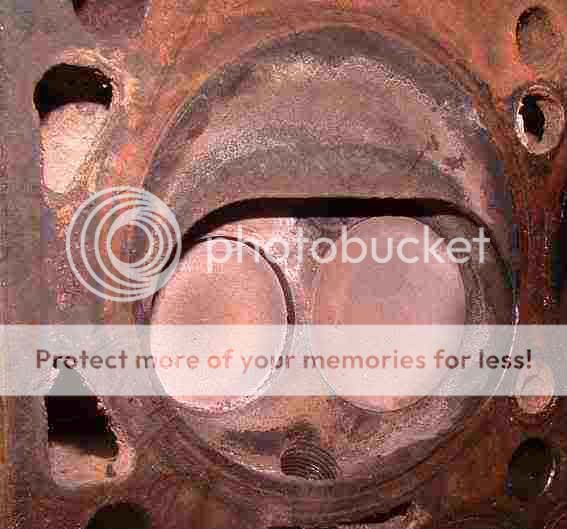I have a feeling that the correct answer is "it depends".
The original valve seats were not hardened from the factory and hence may be subject to increased valve seat recession from running unleaded fuel. But such effects are generally only seen when running under sustained high load, and I'm guessing that most people don't drive their TRs at 80+ mph for any length of time. (I mostly don't anymore, as my hat blows off
) In addition, the protection of leaded fuel seems to extend long after switching to unleaded, as long as the valve seats are not resurfaced. More at
https://www.vtr.org/maintain/valve-seats.shtml
So, the smart course here seems to be to not use an additive; and if you do run into problems with VSR, have hardened seats installed in the head.
Ironically, the only time I've had trouble with VSR, it was on a head that already had hardened seats! Not sure what the explanation is, perhaps the seats weren't really hardened, or perhaps it was due to the 'racing' valve springs I used. Or it might have had something to do with how far the head was shaved (I had to run premium plus lots of octane booster with that head).
However, there is another consideration :
Steve Hedke (of
British Pacific ) has reported a new problem that he feels is caused by ethanol : Rapid piston ring wear after a rebuild. He says they have seen this happen on several widely different motors (TR4, Land Rover, vintage Ford flathead, etc.) where the rings simply wear out (huge end gaps) within the first 10-15,000 miles. He now recommends using an upper cylinder lubricant (also recommended in the TR3 owner's manual I believe).
Steve likes Marvel Mystery Oil, but based on some other information making the rounds, I'm trying synthetic 2-cycle oil (TCW3 spec) instead (which is a bunch cheaper than MMO).
https://www.ls1.com/forums/showthread.php?t=91206
Too early for me to say if it works or not, but I sure am pleased with the way my TR3 is running at the moment.

 Hi Guest!
Hi Guest!

 smilie in place of the real @
smilie in place of the real @
 Pretty Please - add it to our Events forum(s) and add to the calendar! >>
Pretty Please - add it to our Events forum(s) and add to the calendar! >> 


